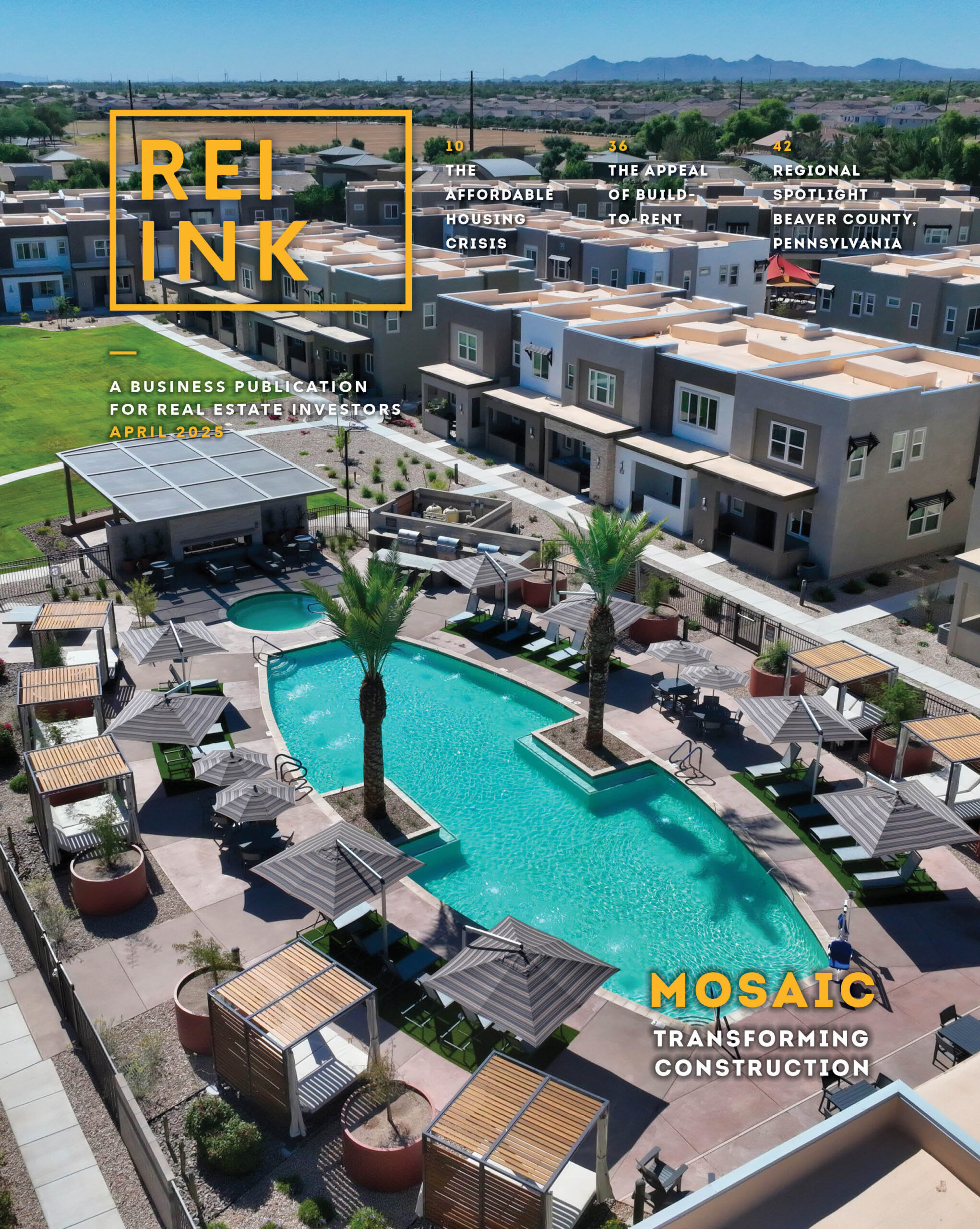Discovering Your Real Estate Edge
Greg Herlean is the founder of Horizon Trust Company, which helps individuals make the most out of their retirement funds through self-directed IRAs and alternative investments. He is an SDIRA expert and he is on the show today to share his story with us and tell us the lessons that entrepreneurship has taught him over the years. Quotables “For me, if I know that my house is paid off and
Read More












